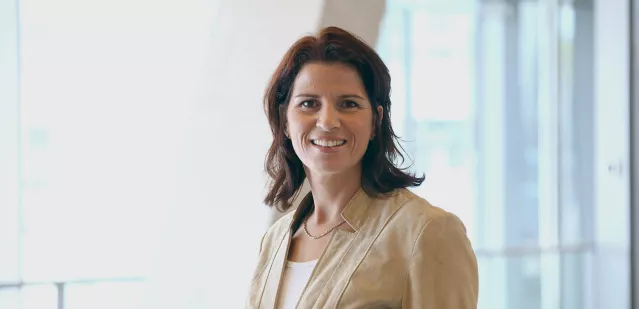
Three out of ten fifteen-year-olds in the Netherlands no longer lives with both parents, according to figures from the CBS in 2018. For 33,000 children this was because of divorce. “Bearing in mind the increasing number of divorces each year, you would expect that insights into divorce would also have increased,” argues professor Janneke Metselaar. “And yet we still see problems arising that could have been prevented if knowledge had been shared. Which is why care workers, local councils and researchers in the north joined forces a few years ago and launched KEES, the knowledge platform for children and divorce in Northern Netherlands.”
Applying for divorce papers, drawing up the parenting arrangement, moving house and sorting finances. There’s a lot to organise when you decide to separate and the children’s feelings can quickly be forgotten. “What you often see is that children see themselves as less important,” explains Metselaar. “They withdraw instead of asking for help. And that translates into misunderstood behaviour at school, such as less concentration, hyperactivity or even a quiet and inconspicuous child. In many cases, these are the signs for the teacher to sound the alarm.”
This is where KEES comes into play. Metselaar: “We’re pooling our knowledge and skills with care workers in the three northern provinces. We know now for instance that psychoeducation can be a really good method of helping parents and children. The parents gain insight into the child’s feelings and behaviour. And in turn, children learn that it’s not their fault that the parents are divorcing. This can be a very informative process.”
In addition to centring on parents, KEES also focuses on teachers in primary and secondary education. “When you know that 1 in 3 families get divorced, you can no longer ignore that there are children in these situations,” says Metselaar. “The chance that you have a child in the class with divorced parents is almost certain. Which means that as a teacher you need to know how to handle the situation, look at what help is being offered and, above all, what you yourself can do.”
The far-reaching quarantine measures against the coronavirus will mean that divorce figures will also rise here in the Netherlands,” expects Metselaar. “And this means we’ll need good practices to fall back on. So we’re doing our best with KEES to share inspiring examples and shed light on the road to providing good support through divorce.”
Janneke Metselaar is Professor of Applied Sciences for Youth Care at NHL Stenden university of applied sciences specialising in supporting psychosocial health in children and families.



